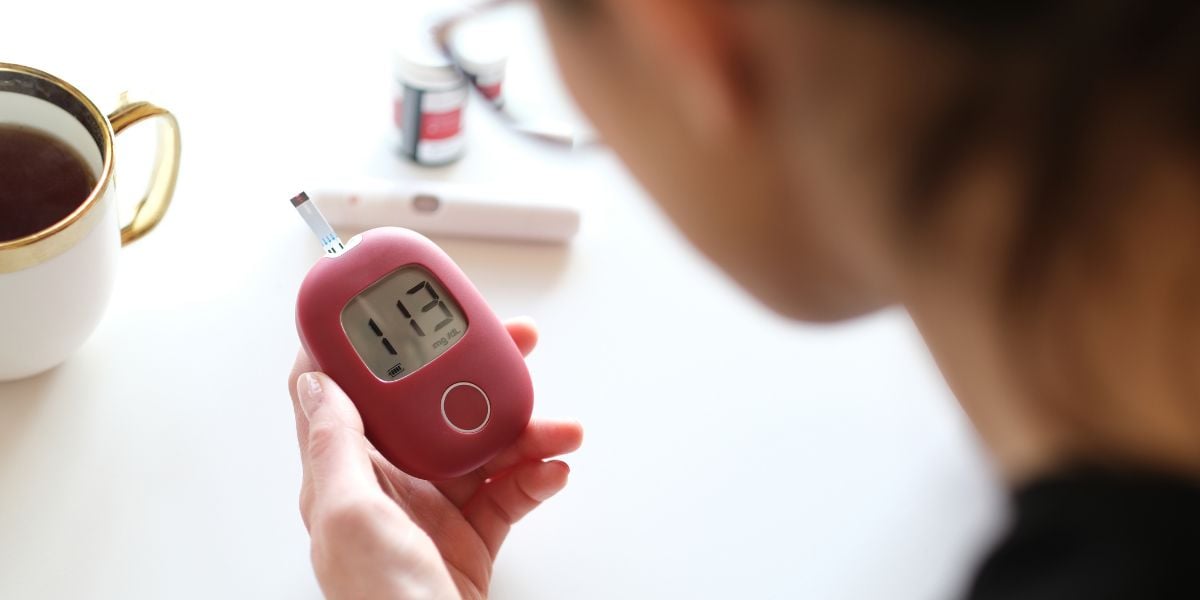When should I test my blood glucose?
How often you test will depend partly on your experience, your diabetes type , and your diabetes treatment regime. How the body responds to meals is likely to be an issue for all people with diabetes. Where possible, it is well advised to test before and after certain meals to see how your sugar levels respond. Blood testing more often when ill is also recommended as illness can often cause blood glucose levels to fluctuate. If your medication may cause hypoglycemia, you should test before undertaking tasks for which hypos would pose a danger to you or others, such as:
- Before driving
- Strenuous activity or
- Using powered tools
Treated by diet
People with diabetes treated by diet, oral medication or by once or twice daily injections (such as Byetta, Victoza ) may not need to test every day either but would be advised to test before and after certain meals and particularly if their levels are running outside of the recommended blood glucose level ranges
Long acting insulin
People on long acting insulin alone may not need to test every day but would be advised to test on a fairly regular basis to ensure blood sugar is not creeping too high or low at different times of the day or after particular meals and activities.
Shorter acting insulin
People on shorter acting insulins should test their blood glucose on a regular basis. Insulin dependent diabetics will fairly typically test anywhere between 2 to 8 times a day. Unless blood sugar levels are particularly stable (this can happen shortly after being diagnosed in people with type 1 diabetes), it is advisable to test at least twice a day. Insulin can cause hypoglycemia during the night so some people may wish to test either side of sleeping as well.
Get into a routine
People with diabetes need to pay particular attention to daily routines that other people without diabetes might take for granted. For instance, heading to the gym, eating a pub lunch, having an alcoholic drink or missing mealtimes might not concern a person without diabetes but they all have an impact on blood sugar levels.
Awareness
Being aware of high and low blood glucose levels , and the seemingly small events that effect blood glucose, is an essential part of good diabetes management. Keeping your blood glucose under control can reduce the future burden of diabetes complications and the risk of hypoglycemia or hyperglycemia Blood glucose testing is a way of keeping in touch with your diabetes. Blood glucose testing can also be useful for healthcare professionals By checking average results, doctors and nurses can find out whether you are in control and advise you accordingly. They can also track the effects of your treatment and make adjustments to your treatment to seek better blood glucose control.





